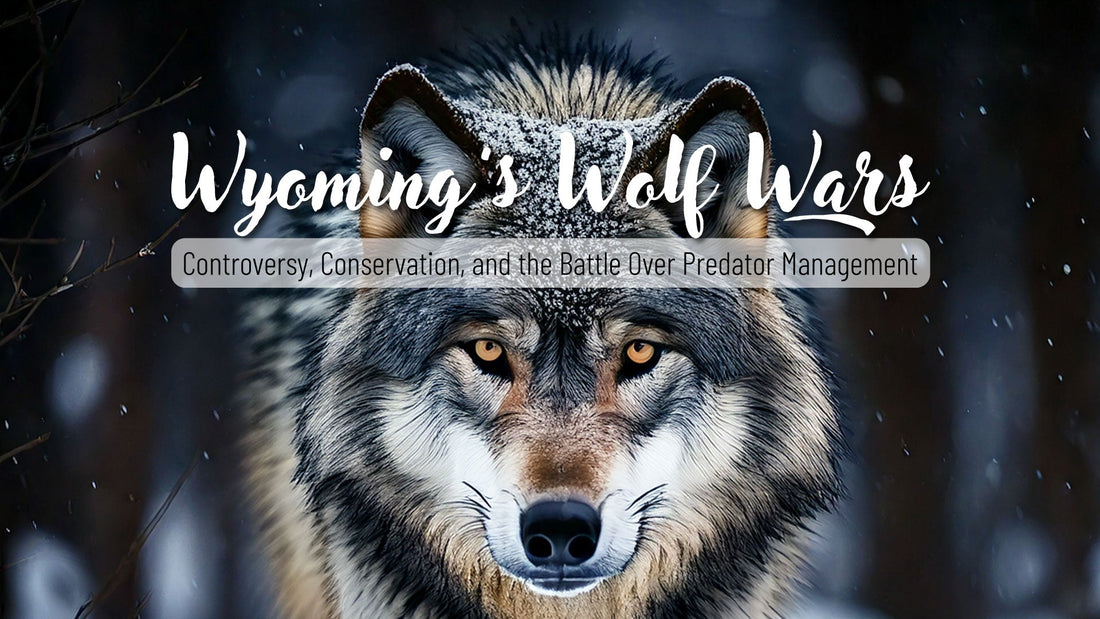
Wyoming’s Wolf Wars: Controversy, Conservation, and the Battle Over Predator Management
In recent years, Wyoming has been at the center of a heated debate over gray wolf management, highlighting the complex relationship between wildlife conservation and livestock protection. The controversy intensified following a disturbing incident in Sublette County, where a man used a snowmobile to run down a wolf, subsequently displaying the injured animal in a local bar. This act sparked widespread outrage among wildlife advocates and prompted calls for legislative reform.
Legislative Response and "Wolf Whacking"
In response to the public outcry, Wyoming lawmakers considered a bill addressing the method of killing predators with vehicles. The proposed legislation aimed to impose penalties for drivers who injure animals without ensuring a swift death. Specifically, if an animal survives an initial impact and isn't promptly euthanized, the driver could face up to a $1,000 fine and a suspension of hunting and fishing privileges for up to three years. However, the act of using vehicles to kill predators, often referred to as "wolf whacking," would remain legal under certain conditions. This legislative approach has been met with criticism from animal rights groups, who argue that it effectively endorses inhumane practices.
Conservationists' Legal Actions
The incident in Sublette County is not an isolated event but part of a broader pattern of aggressive wolf management policies in the Northern Rocky Mountains. Conservation and animal protection organizations have taken legal action against the U.S. Fish and Wildlife Service (USFWS), challenging the agency's decision to deny Endangered Species Act protections for gray wolves in the region. These groups contend that state policies in Wyoming, Idaho, and Montana have led to excessive and unregulated wolf killings, undermining decades of recovery efforts. They argue that the USFWS has failed to consider the best available science and the detrimental impact of such policies on the genetic health and viability of wolf populations.
Tourism Boycott and Public Sentiment
The aggressive wolf management strategies have also led to economic and social repercussions. Wildlife activists have called for a boycott of Wyoming's tourism industry, particularly as Yellowstone National Park enters its peak season. These advocates aim to pressure state officials into reevaluating and reforming current wolf management practices. Despite these efforts, the tourism sector has shown resilience, with Yellowstone experiencing one of its busiest seasons on record. This juxtaposition highlights the complex dynamics between economic interests, public sentiment, and wildlife conservation.
The Path Forward
The ongoing controversy over wolf management in Wyoming underscores the challenges of balancing ecological integrity with agricultural interests. As legal battles continue and public discourse intensifies, the future of gray wolves in the region remains uncertain. Achieving a sustainable coexistence will require collaborative efforts, informed by science and a willingness to adapt policies that respect both wildlife and the livelihoods of local communities.
